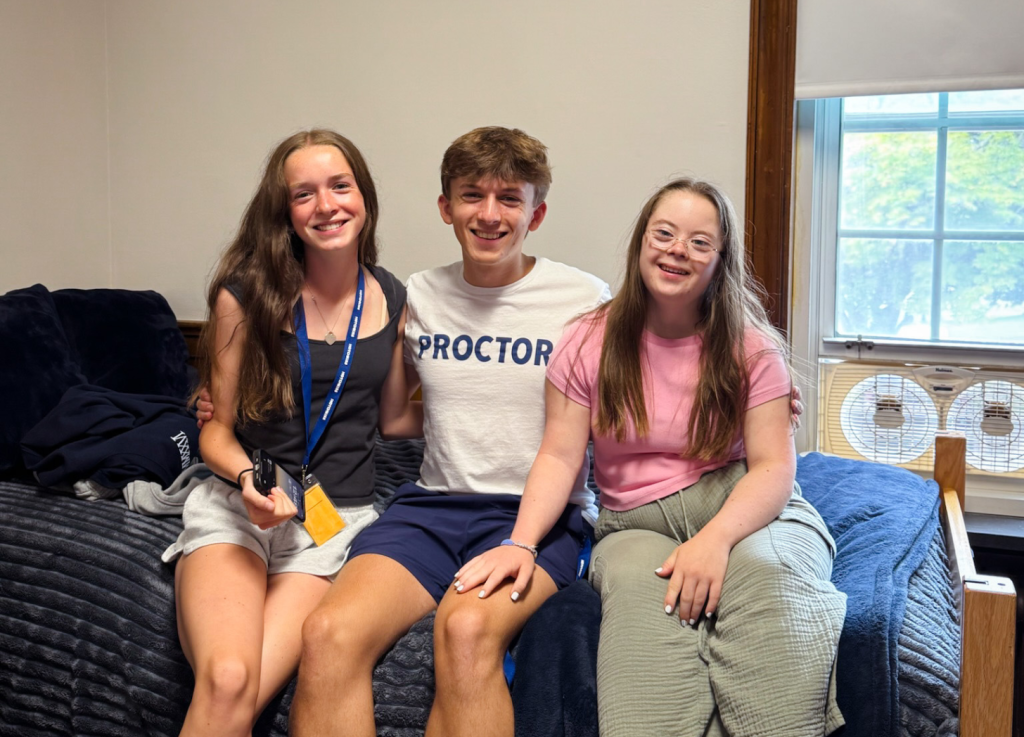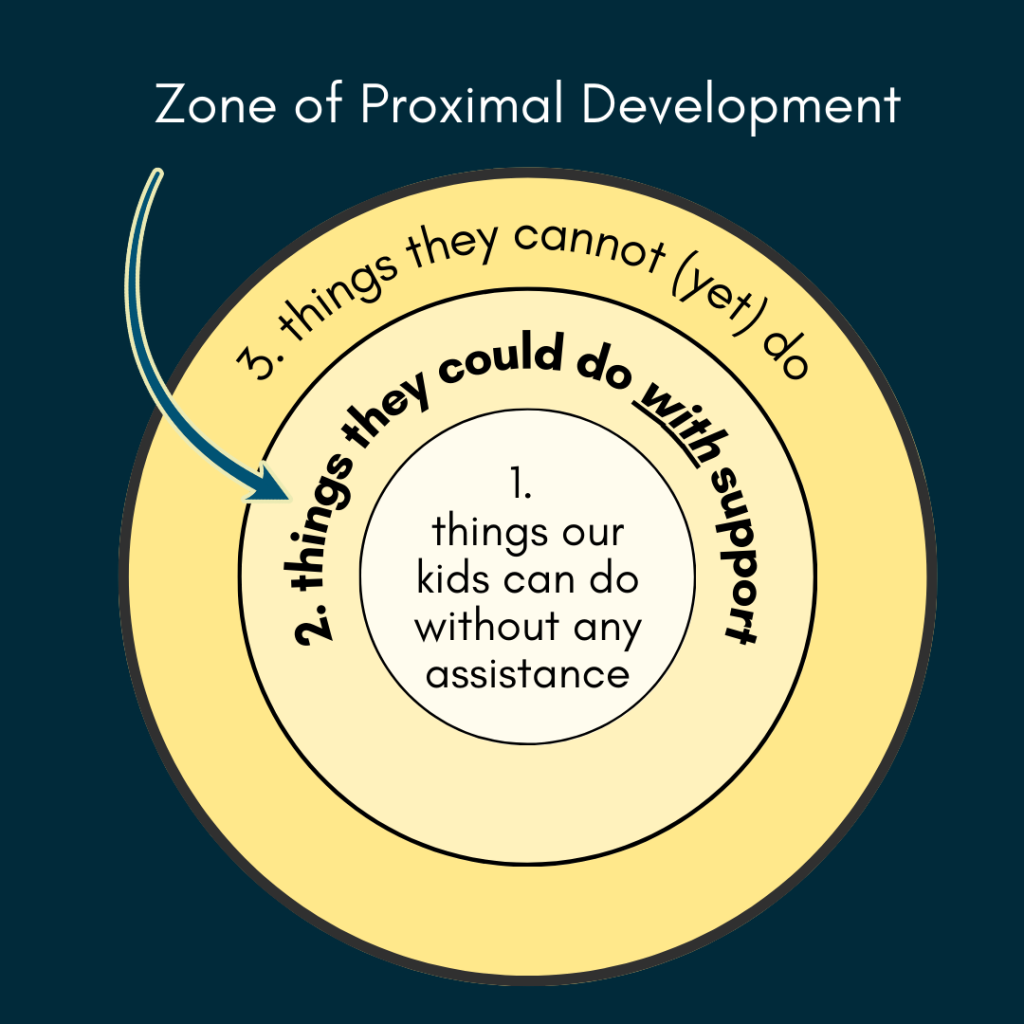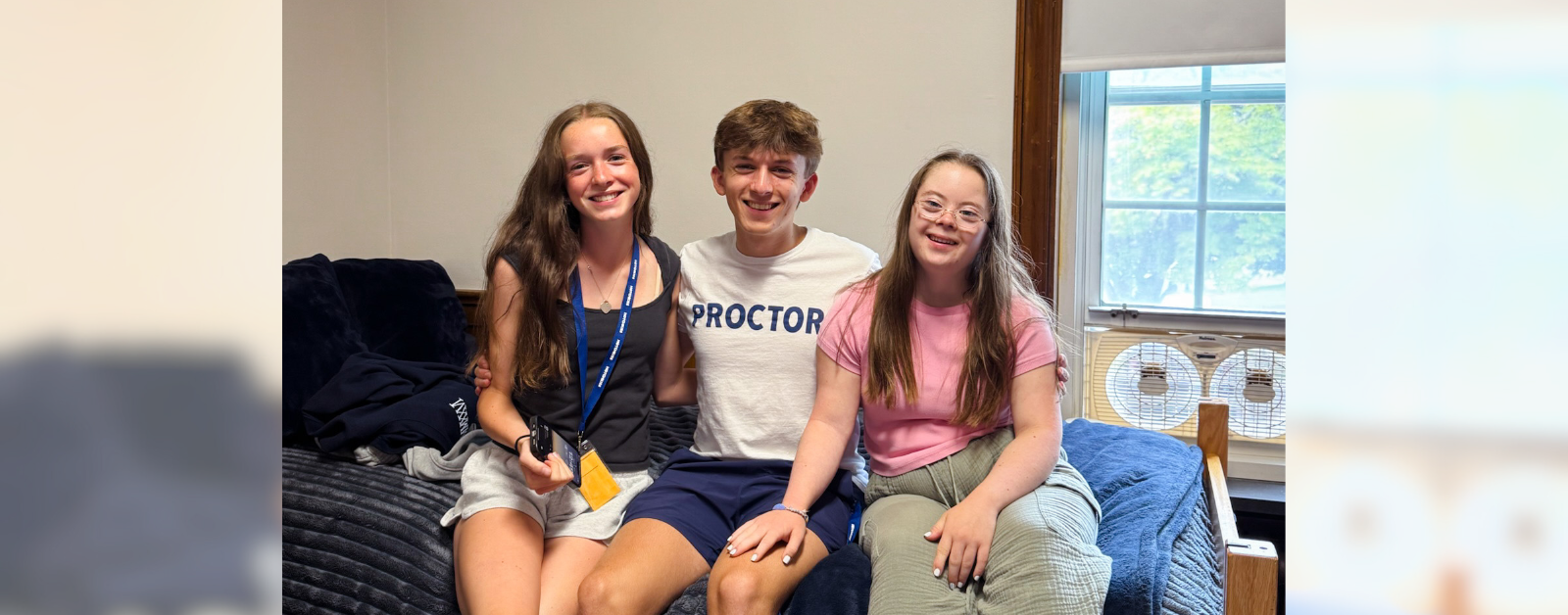Parenting Feels Complicated
In part because of working on Take the Next Step, and in part because of where we are in our family life, recently I’ve been thinking a lot about parenting.

Our oldest daughter Penny, as many of you know, has Down syndrome. She’s 19 years old, and she attends a day program at a local college. She’s navigating the ups and downs of friendship and romance and setting boundaries. We’re navigating the blurry lines of parenting a young adult. How can we both protect her and support her? How can we offer her the “dignity of risk” (see this post for more on this concept) while also ensuring she doesn’t walk into untenably dangerous situations?
Our middle child, William, is entering his senior year of high school. He’s juggling SAT prep and working on college essays and diving into leadership in various clubs and taking six classes. When do we intervene with advice? When do we let him make mistakes? How can we support him in all the beautiful—and fraught—ways he is learning and growing up?
And then our youngest daughter, Marilee, is starting her freshman year in high school. After 13 years at the same small Montessori school, she’s joined her brother at boarding school. She has a roommate. She’s responsible for getting herself out of bed in the morning. Mom and Dad are an hour away (though her brother is right there, which brings me great joy. We just dropped her off, and Penny said it was “bittersweet.” I asked her what the sweet part was, and Penny said: “That Marilee and William get to be together.”). What does it look like to love her well and to let her spread her wings?
Zone of Proximal Development
For many of us parents as we head into a new school year, questions about how to love our children well are front of mind. One framework that has helped me as I approach these questions with each of our kids is the “zone of proximal development.” It’s a simple idea that there are three developmental zones. One is the zone of things our kids can do without any assistance. Two, surrounding that inner circle, is the zone of things they could do with support. And then the final, outer zone, is made up of things they cannot (yet) do.

We learn and grow when in zone two. That’s where we, as parents, want to encourage our kids. That’s where we want to see them taking risks, making mistakes, experiencing failure and hardship. That’s where we want to see them trying new things, learning what they can do, feeling that flush of excitement when a new skill begins to solidify. That’s also the space where, yes, they need support, but where they also might need to get that support from someone other than Mom or Dad. And it’s the space where they just might call us in tears of frustration and we just might want to rush in to try to fix things for them, even though we know that the hardship is all a part of the learning and growing. It’s an exciting, scary, sometimes even heartbreaking space of letting go.
Questions Every Parent Needs to Ask
When our kids were little, their school principal often asked us as parents to consider:
“What’s one thing your child can do for themselves that you are doing for them?”
“What’s one thing that your child can almost do for themselves that you are doing for them?”
The idea was that we as parents need to step back—let him tie his shoes even if he gets frustrated with the repeated effort, ask her to pack up her own lunch even if it takes longer to get out the door in the morning, let her pour the boiling water into the colander in the sink even if there’s a risk she’ll get burned, have them talk to the clerk at the store even if they feel awkward and uncomfortable.
I’m returning to that zone of proximal development for each of our kids these days.
- Where do they need my support?
- Where do they need support from an adult who isn’t their parent?
- And where are they ready to navigate challenge and growth without me, even if it feels hard and uncomfortable?
It’s a wondrous privilege to be a parent to three very different teenagers at this moment. I am tempted to hold them close. I am invited to let them go.
Which parenting moments lately have felt bittersweet or joyful for you? How do you balance protecting your child/teen while letting them take risks? I’d love to hear from you—leave a comment!
Let’s stay in touch. Subscribe to my newsletter to receive weekly reflections that challenge assumptions about the good life, proclaim the inherent belovedness of every human being, and envision a world of belonging where everyone matters. Follow me on Facebook, Instagram, and YouTube and subscribe to my podcasts.



